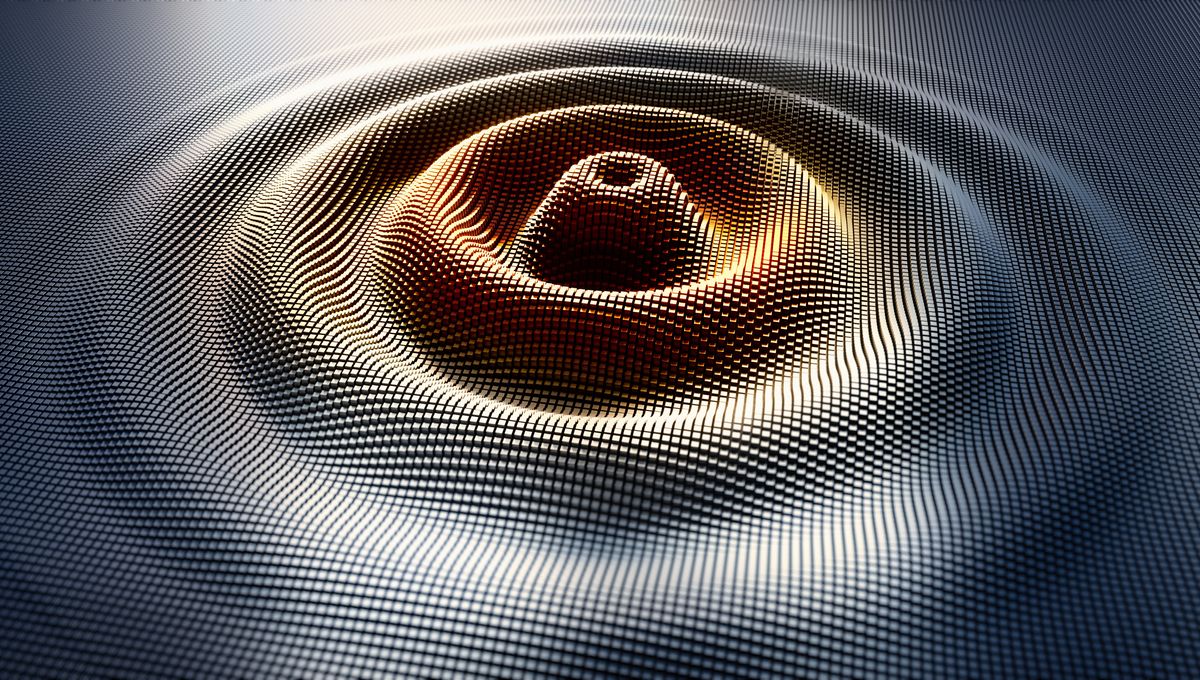
Physicists have discovered a new phase of matter that they are calling a chiral bose-liquid state. This is something far removed from the three classical states of matter, solid, liquid, and gas, and it only happens in extreme circumstances – and yet, it might have some interesting applications in technology.
The chiral bose-liquid state comes from what is known as kinetic frustrations. Quantum systems that are frustrated end up with particle interaction that behaves completely differently from how particles normally interact. The team describes it as a place of infinite possibilities in terms of interactions, and among the possibilities is the creation of new phases of matter.
“You find quantum states of matter way out on these fringes,” co-author, assistant professor Tigran Sedrakyan from the University of Massachusetts, said in a statement, “and they are much wilder than the three classical states we encounter in our everyday lives.”
So how do you frustrate a quantum system? This is not the setup for a joke, but do share if you have a funny punchline. The team actually built a system made of two layers: The top one is full of electrons that can move freely, and the bottom one has “holes” electrons could fall into. The two layers are brought closer together to a distance that is smaller than an atom. The frustrating part is that there are not enough holes to go around.
“It’s like a game of musical chairs,” Sedrakyan says, “designed to frustrate the electrons. Instead of each electron having one chair to go to, they must now scramble and have many possibilities in where they ‘sit’”.
The frustrated electrons are in the new novel chiral edge state. As the system is cooled to nearly absolute zero, the electrons and holes interact to behave like a single neutral particle with some incredible properties. One of them is their spin. These particles will either spin clockwise or anticlockwise, but no matter what happens, if you hit them with another electron or employ a very strong magnetic field, this spin won’t change.
This property is intriguing enough to be considered as a possible base for encoding digital data, as it would be fault tolerant. The electron-hole particles are in a long-range entanglement. If we send one electron, for example, to smack into one of the particles, they all respond to the interaction.
The findings are published in the journal Nature.
Source Link: New Phase Of Matter Discovered In Quantum "Musical Chairs" Setup